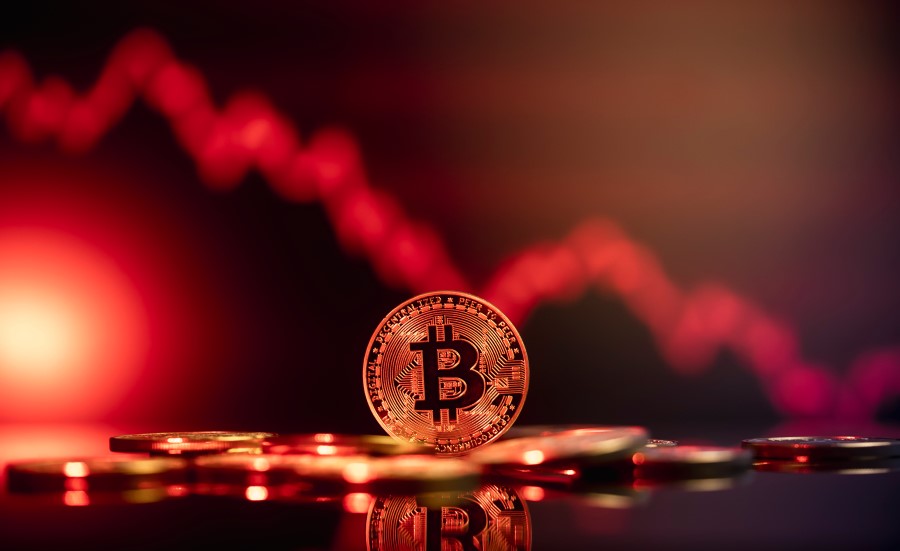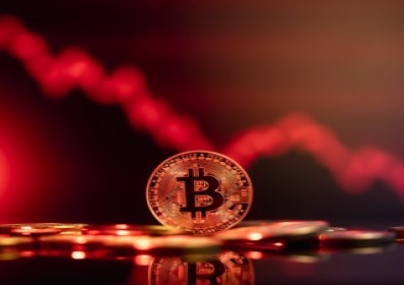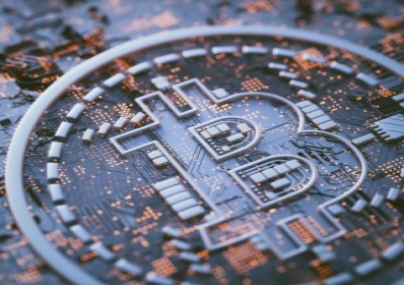
In September, Hong Kong’s reputation as a global financial hub took a battering following the news of high-profile arrests related to unlicensed crypto exchange Japan Exchange (JPEX). The Securities and Futures Commission (SFC) issued two public announcements warning investors that JPEX’s claims to be regulated were false, and that some of its activities, including offering high returns on various virtual asset products, were prohibited under the Anti-Money Laundering and Counter-Terrorist Financing Ordinance.
Soon after, at least 20 people, including JPEX employees and online influencers, were arrested as upwards of 2,000 victims were uncovered, with claims totalling as much as HK$1.56 billion ($199 million). The platform allegedly imposed restrictions on withdrawal limits, making it extremely difficult for customers to withdraw their virtual assets.
Crypto bulls are insisting that the JPEX fiasco hasn’t blunted Hong Kong’s ambitions to become a leading jurisdiction for the crypto assets industry, and more harm has been avoided because of the existing regulations on virtual asset trading platforms. On the other hand, sceptics argue that the incident has exposed weak links in a digital asset regulatory regime that has left too much leeway for advertising and retail investment without proper oversight.
The incident could prompt the Hong Kong government to recalibrate its regulatory focus when it comes to digital assets. In a regulatory summit organised by Bloomberg, Financial Secretary Paul Chan emphasised information transparency and investor education as keys to ensuring robust supervision. “Regulations and market development are not against one another; rather, they go hand in hand,” says Chan.
WHAT ARE THE ROOT CAUSES OF THE JPEX SAGA?
Kelvin Low, a law professor who used to teach at the University of Hong Kong before joining the National University of Singapore, attributes one of the root causes of JPEX’s implosion to the Hong Kong government’s premature push into the retail investment space in the licensed virtual assets market. “The industry preyed on the government’s insecurity over Hong Kong’s crown as Asia’s financial centre, and this led to Hong Kong’s crypto pivot,” says Low.
Low believes the authorities’ seemingly laissez-faire approach to advertising or access to retail trading of virtual assets has also contributed to JPEX’s downfall and proved the Achilles’ heels of Hong Kong’s crypto aspirations.
“Hong Kong did not try to regulate either advertising or retail access via over-the-counter (OTC) stores. The lack of advertisement regulations meant that the average retail investor was easily misled by public advertisements, such as those by JPEX, that they were investing in a licensed platform, and the lack of regulation of OTCs meant that the regulators’ objective of keeping retail investors within the licensed market failed miserably since OTC stores (which JPEX also used for outreach) primarily served as on/off ramps for unlicensed exchanges/virtual assets,” Low adds.
WHAT REPURCUSSIONS ARE LIKELY TO FOLLOW?
In response, the Securities and Futures Commission (SFC) and the police have set up a task force to bolster detection of suspicious activity at crypto exchanges.
Eddie Yue, chief executive of Hong Kong’s de-facto central bank, has laid out several priorities in the SAR’s regulatory approach moving forward, considering previous “high-profile failures.” At the Bloomberg forum, Yue spoke in favour of the continued strengthening of the credibility and status of licensed virtual asset exchanges.
But Low thinks it will be difficult to convince retail investors to dip their toes back into trading cryptocurrencies following the JPEX episode in the short term.
“I expect Hong Kong regulators to plug the various gaps in their regulation of virtual assets, particularly in advertising and the OTC space. This was not the first scandal in the industry, and it will not be the last. So long as they are regulated differently from traditional securities, there will be space for regulatory arbitrage, and bad actors will leverage that to target unsuspecting investors,” says Low.
WHAT IS THE WAY FORWARD FOR HK’S CRYPTO DREAMS?
From a broader perspective, although cryptocurrencies came to life with hopes of circumventing government regulations, Low is less convinced that the asset class would prove a substantive disrupting force to traditional finance.
“Despite recriminations, there is insufficient reflection on the utter ineffectiveness of so-called virtual assets as a revolutionary ‘innovation,’” says Low.
As regional jurisdictions, including Singapore and Dubai, have tightened their virtual assets regimes, Low suggests that the SAR should tread the regulatory tightrope more carefully.
“It seems odd that no regulators have questioned the industry’s push for laxer regulation when crypto claims to be innovative. If so, shouldn’t it triumph on a level playing field?” asks Low.


